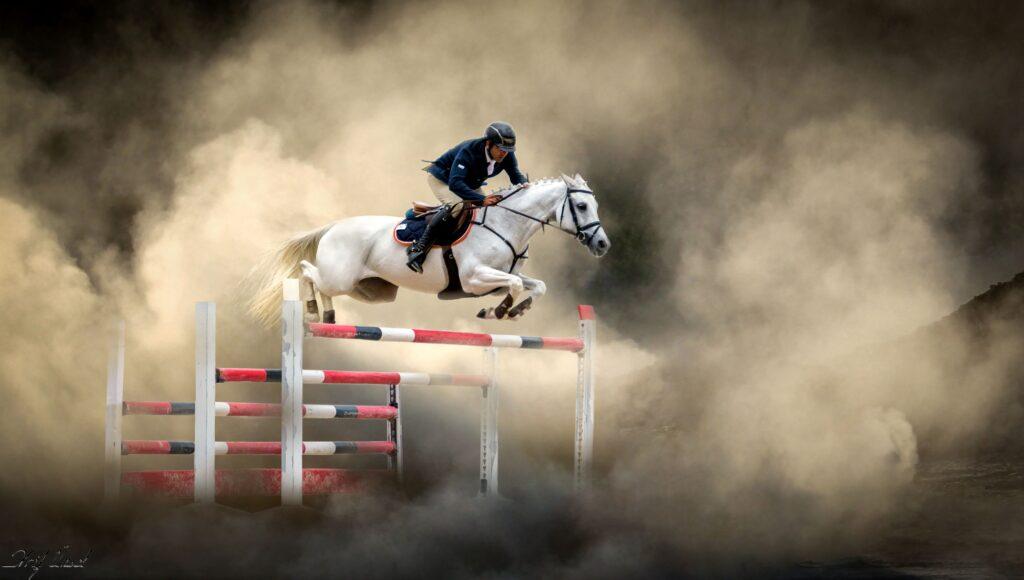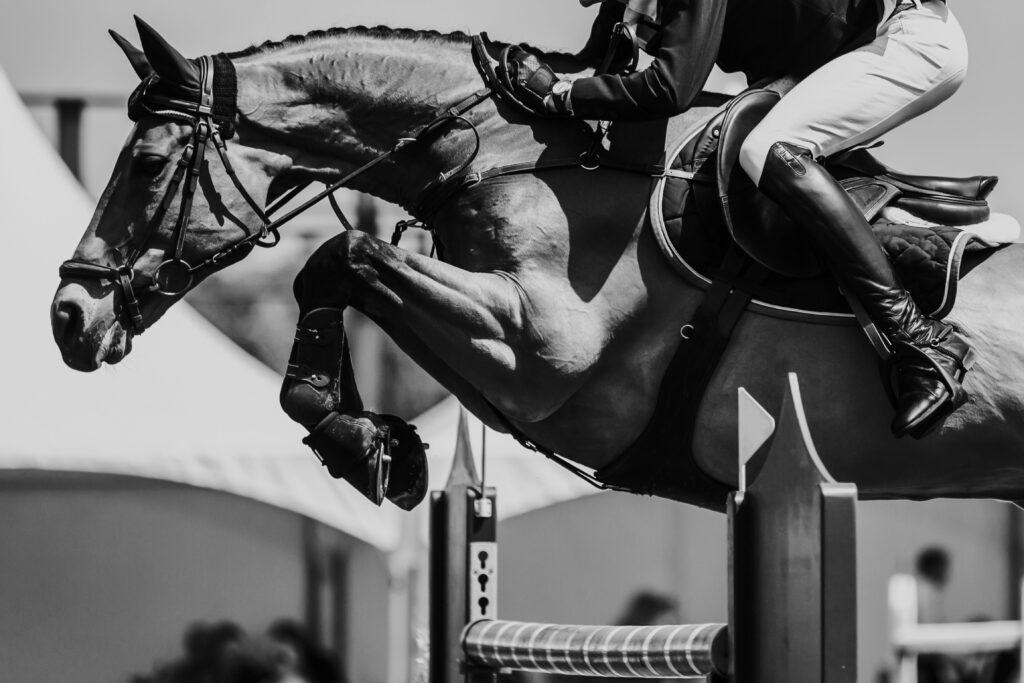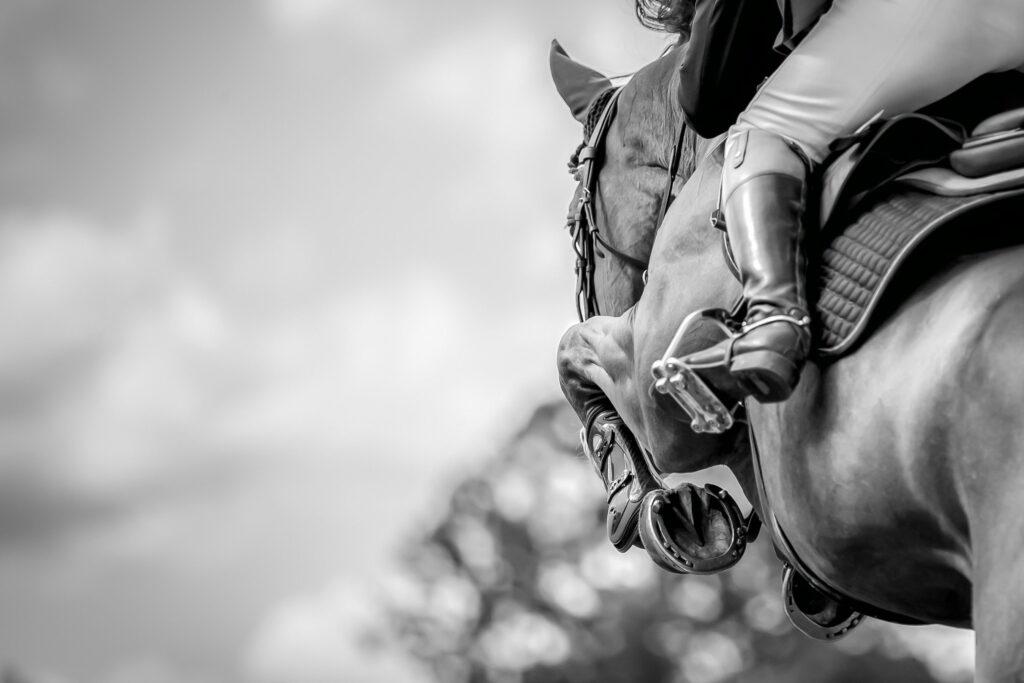Purchasing a show jumping horse requires experience and careful planning, especially when searching for jumping horses for sale that meet competition standards. The market offers a wide range of options, but finding the right horse can be a challenge. A poor choice could cost both money and time better spent on training. This article provides insights into the key factors to consider when buying a high-performance jumping horse and offers practical tips for making a well-informed decision.
Defining Your Goals: Know What You Need
Before you start the search, define the exact requirements for your future jumping horse. Different goals require different qualities—whether the horse is meant for competitive events or mainly for practice and training. Is the horse for a young, aspiring rider or an experienced one looking to compete at a high level? Clarifying these goals will help you focus on horses with the potential to meet both your competitive and personal needs.
Health Checks and Veterinary Examination
The health and soundness of a jumping horse are essential for its longevity and performance. A thorough veterinary check by a specialist in sport horses is non-negotiable. Besides X-rays to examine bones and joints, a comprehensive assessment of the horse’s respiratory and cardiovascular systems is crucial to rule out hidden issues. Investing in a complete medical exam up front can save a lot of trouble and expenses down the road.
Temperament and Personality Assessment

Show jumping requires not only physical prowess but also the right temperament. A jumping horse should be bold, confident, and responsive, with a touch of sensitivity to its rider’s cues. Horses with a balanced disposition and quick reflexes are ideal for competitive riders. A trainer or breeder can help assess the horse’s character, offering valuable insights into how well it might perform under pressure.
Training Level and Performance Record
Another key factor in selecting a jumping horse is its training level and experience. Horses that have already competed successfully provide more certainty regarding their abilities and behavior in the ring. However, these seasoned competitors often come with a higher price tag. For those aiming for high-level competition, an already-trained horse may be ideal. Alternatively, a young horse with strong potential and foundational training can be a rewarding choice with the right guidance and patience.
Breed and Conformation: Key Selection Criteria
Certain breeds are especially suited for show jumping. Warmbloods such as Hanoverians, Holsteiners, and Westphalians are known for their strength and endurance. Conformation also plays an important role: a sturdy build, powerful hindquarters, and balanced proportions are essential traits for a jumping horse. Choosing the right breed and build should match the rider’s specific needs and the demands of the sport.
Professional Guidance and Trial Sessions
An experienced trainer or breeder can be invaluable during the selection process. These professionals can quickly gauge whether a horse meets your needs and has the potential for jumping. A trial ride is also crucial to observe how the horse interacts with you, its potential rider. Make sure you feel comfortable in the saddle, and assess how well the horse responds to cues and commands.
Interview with a Show Jumping Expert: Insights on Selecting the Right Horse
Interviewer: Thank you for joining us! Could you start with what you look for first when evaluating a show jumping horse?
Expert: Certainly. I first assess conformation and athleticism. Strong hindquarters, a stable back, and aligned legs are essential. Athleticism also shows in how smoothly a horse moves over jumps.
Interviewer: How important is temperament?
Expert: Temperament is key. A great jumper is bold but responsive, with a “can-do” attitude and the sensitivity to respond well to cues. The best horses have a calm, adaptable personality for competitions.
Interviewer: Many buyers are concerned about health. What should they prioritize?
Expert: Health checks are essential. Joint and respiratory health are especially important for stamina in jumping. X-rays and a full vet exam are musts, ideally with a vet who specializes in sport horses.
Interviewer: Any advice to help buyers avoid common pitfalls?
Expert: Take your time and seek professional guidance. Test horses in varied situations to gauge temperament and capabilities, and be wary of anything that seems too good to be true.
Interviewer: Thanks so much for your insights!
Expert: My pleasure! Best of luck to all riders in their journey to finding the right horse.
Financial Considerations: Purchase Price and Ongoing Costs
In addition to the purchase price, it’s essential to consider the recurring costs associated with a show jumping horse. These include stable fees, feed, veterinary care, and possibly specialized training. High-quality jumping horses are a significant investment, so it’s wise to establish a clear budget from the start. For those looking for options, explore https://www.jw-horses.com/jumping-horses-for-sale to find horses that match both your budget and performance goals.
Achieving Success with the Right Horse

Choosing the right jumping horse is a decision with both financial and emotional significance. Setting clear goals, seeking expert assistance, and conducting thorough health checks are key steps to achieving long-term satisfaction and competitive success. With patience and knowledge, you can turn your journey from the stable to the show ring into a rewarding experience.
Image Source: Marcin Kilarski/Wirestock Creators, Arif, Marcin Kilarski/Wirestock, Adobe Stock
